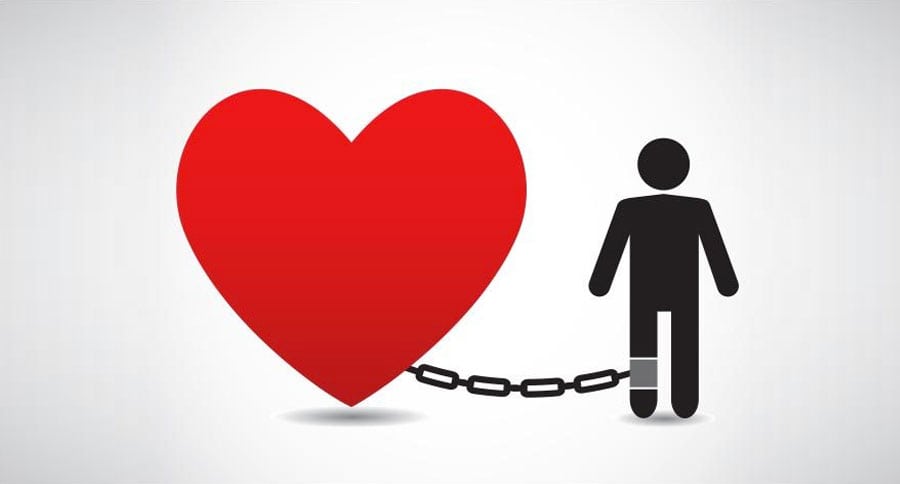- Posted on
My mental health story: how I spotted, survived and treated burnout? Interview with Nadya
Prague Integration is working on a project ”My story, my mental health” where we are interviewing on weekly basis locals and expats in the Czech Republic who are diagnosed and living with different mental health conditions.
Our intern Alexa, a Psychology and Brain Science student from California is conducting interviews with our dear expats and getting interesting and educational content, where we are trying to share awareness about mental health.
We had the pleasure of hosting Nadia. She shared her thoughts and experience with burnout as a teacher in the Czech Republic.
Read Nadia’s story and share awareness about mental health!
Hello Nadia, welcome! How are you doing?
I’m doing well! Thank you, I am happy to be here!
Can you tell us a little about yourself?
Sure! I am a new expat in this country, and I am a teacher. I have been in the Czech Republic since last October, so less than a year. As a teacher, I think it is known that burnout can come from the occupation. However, I am struggling to adapt to a new culture, because it is my first time leaving home in Malaysia.
If you can describe burnout, what would that be personally for you?
For me, it is the sense that I no longer want to work. That was the biggest thing for me because I have been teaching for almost 9 years now in an international school environment. It wasn’t until recently, about 2 or 3 years ago, that I first experienced burnout. I think it is very normal for teachers to feel tired, but the way I was feeling was different. It caught me by surprise how handicapped burnout makes you feel. It takes away the joy from the job that I know for a fact that I love.
Can you tell us from your own experience, when was the first time you experienced burnout symptoms? How did you recognize it as burnout? Did you know about burnout previously?
I had heard of burnout before. One of the previous schools that I worked at was good at burnout prevention. They even had a whole well-being team focused on the staff. For me, I think it wasn’t until Covid that I first experienced burnout symptoms. Everything that made my job enjoyable was taken away from me, including interacting with children and people. There was no place to vent or a platform to express my feelings. I realized it was burnout when each day I was mentally just not there anymore, which made everything much more challenging.
As burnout is specifically connected with work-related stress, can you describe to us a bit about your work environment?
As I mentioned before, my previous school had a well-being team in place. This was before I was experiencing burnout, but everything was going well. We had team-building exercises, candy, coffee, and just things that made you feel good to be at work. When the pandemic hit, these programs were not in place anymore. In addition, expectations of teachers from parents and school faculty dramatically changed. Having to change everything that I was trained for overnight was too much all at once. I lost the joy I found in teaching by constantly trying to make parents, teachers, and staff satisfied with the coursework.
After finishing that school year in Malaysia, I moved to the Czech Republic. I was able to interact with the students and people again, which I realized I missed very much. However, this was another big change for me. I have to learn to adjust to the new language and culture, which has contributed to my burnout.

If we look at your broader environment, after experiencing burnout, who have you asked for help/support? How was it actually for you to talk openly about it?
During covid, I reached out to the leaders of my school and the people that work above me for support. I think during that time, it was hard because everyone was going through some kind of difficulty. It was hard to provide support to everyone, so I found the best way to find comfort was by talking to my peers. In my opinion, I reached out to the right channels but no one could support me. Our school counselors were busy supporting parents and students. While this was understandable, I think they did not provide teachers with the mental health support that was needed by many.
I think it might be due to the burnout caused by Covid, but when I came to the Czech Republic it was very hard to adjust to working here. It became a bit too much, and I actually will be returning to Malaysia after this school year. I am at a relatively new school, so about 80% of my colleagues only speak Czech which made it very challenging. Because of the language barrier, there seemed to be no one to reach out to for support. I mentioned creating a mental health program of some sort to my boss. She said that she understood the importance; however, it was not something financially the school could do at the moment. To me, this meant I needed to take a step back and go home.
From your perspective, what can companies do to prevent burnout?
I think just having an open channel of communication. I think burnout is different for each person, and what makes one person feel good may not work for another. The only way to combat that is to have some sort of open communication so that staff can feel comfortable going to management to express feelings and ask for support. I think it is important that employees are not afraid to say how they are feeling so that helpful changes can potentially be made. I think that is a good place to start.
What mental health strategies would you recommend for Burnout Prevention?
I think a lot of team building would be helpful. I think it is a good opportunity for coworkers to communicate about topics other than work. When you start bonding with coworkers and making friendships, you don’t feel so alone. For me, what I think alleviates my stress is having a sense of community around me. I can associate work with enjoyment and am excited about it. One of the worst things about burnout is you start to think about how lonely the job you are doing is. Everything that used to be good suddenly didn’t seem as good. Everything that was not that bad suddenly seemed enormously heavy. So when you know that you are not alone and you have a sense of community, I think it helps.
I found this to be difficult in the Czech Republic. I think partially the language barrier made it challenging, but also there is not as much conversation or importance placed on well-being. This made me realize how much the mental health team at my previous school helped. It created a community and brought everyone together.



